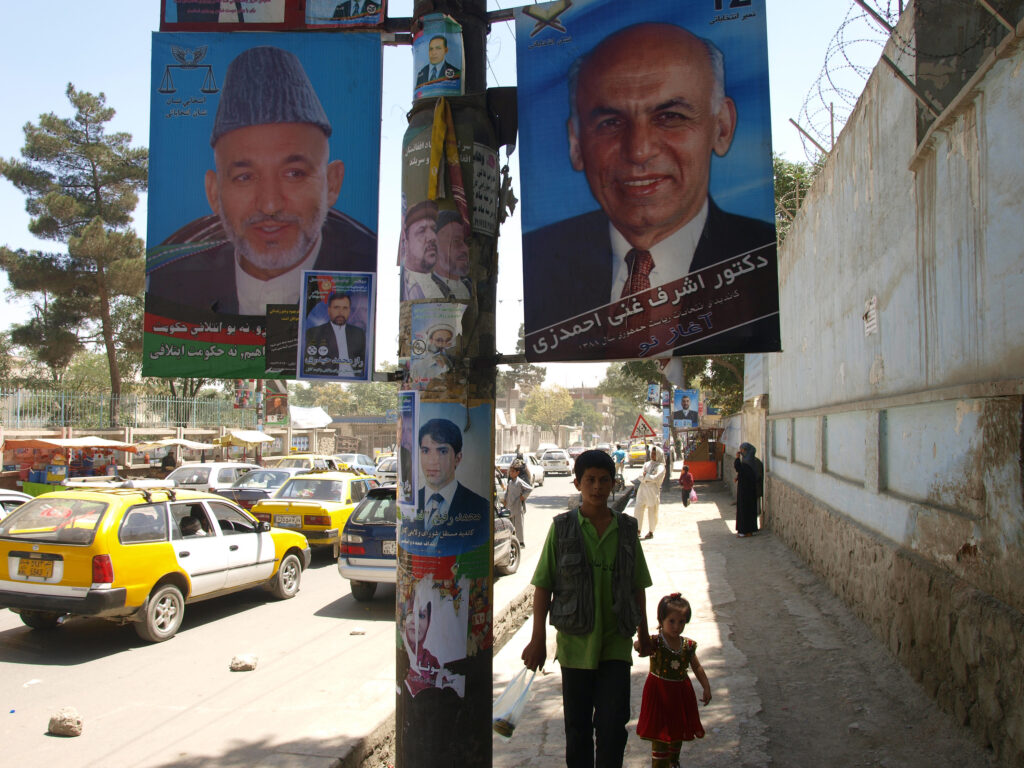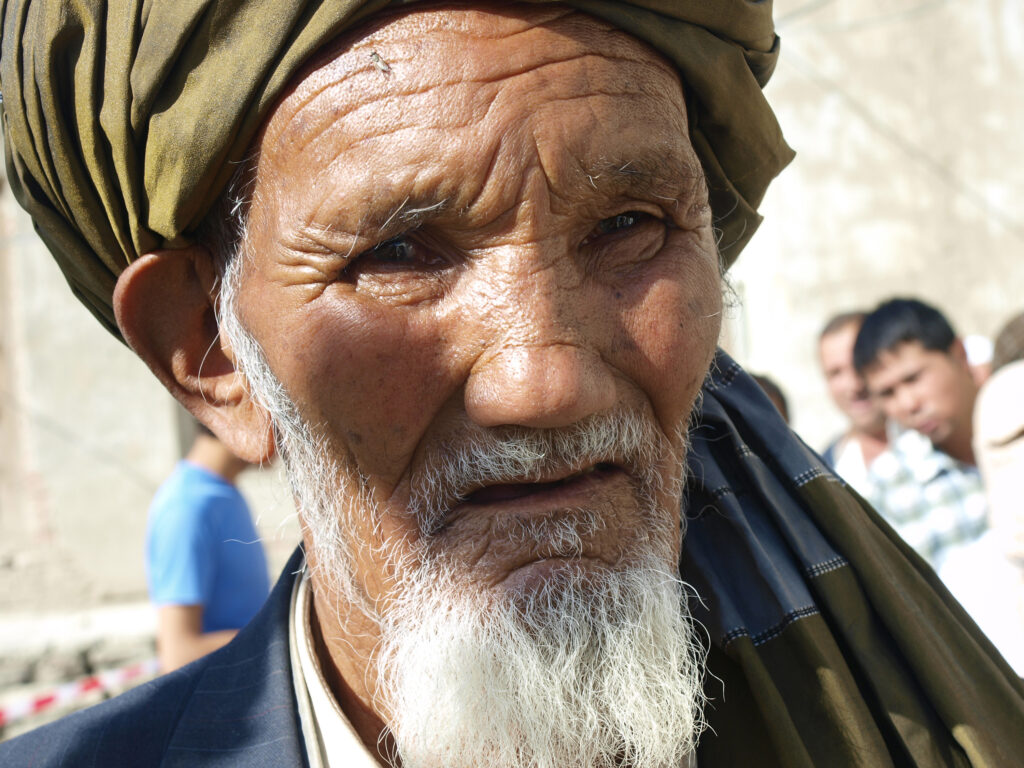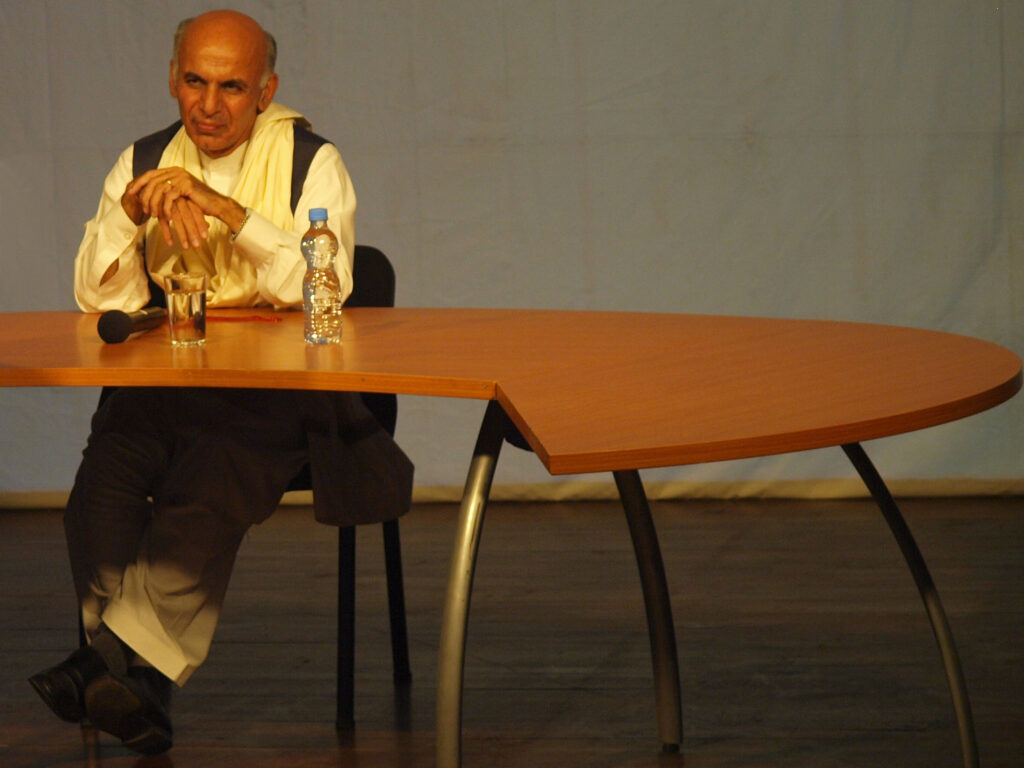
New York- It has been painful to watch the Taliban takeover of Afghanistan after an utterly disastrous troop pullout at a feckless President Joe Biden’s behest. After nearly 20 years at war in the country, the United States and its allies have left it arguably politically worse off than when they entered the battlespace in October 2001. At the time, the government of President Ustad Burhanuddin Rabbani, whose government, known as the Islamic State of Afghanistan held all of Badakshan province, held all of Badakhshan province, portions of Takhar province east and south of its administrative capital of Taloqan, the northernmost portion of Kunduz province along the Amu Darya, the Panjishir district of Parwan province (before Panjshir was cleaved off into its own province in 2004), seeping southward into the northern districts of Kunar, Kapisa, Kabul, Laghman, and the eastern swathe of Baghlan provinces. In addition, control of the Hazarajat region of central Afghanistan was contested at best between the Taliban and the ehtnic-Hazara Hezb-e-Wahdat (“Party of Unity”) militia though this was geographically discontiguous from the areas formally controlled by the Islamic State government recognised by the UN at the time as Afghnistan’s legitimate rulers.

As of this past week, the inheritors of Jamiat-e-Islami (the backbone party of the “Northern Alliance”), ie Ahmad Massoud and Amrullah Saleh, are claiming to control Panjshir province, the only one of Afghnistan’s 34 province not under at least nominal Taliban administration. Can they expand their currently encircled. landlocked resistance outward to form a viable anti-Taliban resistance movement? There are already rumblings in Baghlan province but of course it is far too soon to predict anything. Massoud and Saleh would need to secure a supply cordon to the border with Tajikistan and get at least the tacit if only clandestine cooperative agreement of the Rahmon government. I’ve seen no indication that Tajikistan’s President Emomali Rahmon wants anything to do with a renewed Afghan civil war despite being co-religionists and having deep historical & ethno-linguistic ties. Think historical Khorosan rather than the Soviet boundary along the Amu Darya river. There are unconfirmed tweets that the Tajik government is already supporting the Panjshiris but without actually being there its impossible to know excatly what’s going on.
I can personally attest that Saleh, until practically yesterday the now defunct Islamic Republic of Afghanistan;’s Vice President , is as anti-Taliban as it gets. He won’t be joining the shameless now former president Ashraf Ghani in Dubai anytime soon. While members of the Taliban are mocking the larger than life Abdul Rashid Dostum after having ransacked his Shebargan compound, a resistance movement is already emerging from the rubble. Whether it can take and hold territory from the Taliban is uncertain.

So here we are: on the 20th anniversary of 9/11 next month, the Taliban, who some two decades ago literally hosted the 9/11 hijackers, will once again be triumphantly in power in Kabul and Kandahar, as well was Mazar-i-Sharif and Herat. Afghanistan’s 1980’s era “warlords” have fled to enighbouring states. The United States has abandoned Afghanistan for the 2nd time. The trial of 9/11 plotters, namely KSM, has still not taken place two decades after the attacks that killed thousands of Americans. The detention centre in Guantanamo Bay has still not been shut down. President Biden has made a catastrophic error in the name of political optics (having all troops out by 9/11/2021 has no basis in strategy or tactics. It is an arbitrary date in a military sense). Wanting to end America’s longest kinetic military engagement was an admirable goal in theory. But Afghanistan is not a place for the theoretical for it is a theatre conditioned to hard power. Having human lives at stake in the form of a political afterthought is unforgivable.